ISLAMABAD: With failing hearts and broken hopes, two young Pakistanis must once more make the arduous trek to India for life-saving heart transplants because their own nation is still unable to offer them another opportunity, according to The News.
Emaan Taufiq, a 21-year-old Sialkot computer science student, and Asad Ali, a 25-year-old Karachian (name changed per request), are suffering from dilated cardiomyopathy, a severe kind of heart failure.
Even though Pakistan has top-notch cardiac surgeons and cutting-edge medical facilities, heart transplants are still not viable since there is no mechanism in place for deceased organ donation.
Although there are legal structures in place, families are unable to consent to the harvesting of organs from brain-dead people due to deeply ingrained cultural and religious views.
Because of this, people who can afford it or are desperate enough to sell their belongings are left to struggle to obtain Indian visas and raise up to $150,000 for a transplant.
Although Emaan is one of the fortunate few who was granted a six-month Indian visa to receive treatment in Chennai, her father, Muhammad Taufiq, now has the enormous task of raising the necessary money.
“It took me five years to get my daughter a visa, and now we need at least $100,000 to $150,000 to move forward with the transplant,” he stated. “I still need about Rs20 million, even though I have previously sold everything I could. I ask for assistance from donors, Punjab Chief Minister Maryam Nawaz, and Prime Minister Shehbaz Sharif.
Asad, who has been diagnosed with the same illness, is having trouble raising the required money. Like many others, his family is perplexed as to why heart transplants are still unaffordable in Pakistan.
Experts claim that the total lack of organ donation, rather than a lack of medical knowledge, is the problem. Pakistan’s longest-surviving heart transplant recipient, Faisal Abdullah Malik, is intimately familiar with this fight.
He visited Chennai in 2015, where an Indian national gave him a donor heart, extending his life by almost ten years.
He claimed that although Pakistan has some of the top cardiac surgeons, they are unable to do heart transplants since no one gives organs after death. “We lack an organ donation culture, which leads to hundreds of patients dying each year while waiting for a transplant.”
India, on the other hand, has developed a robust transplant system by means of intensive awareness campaigns. Through organizing organ retrieval from brain-dead patients and encouraging public commitments, the state-run Transplant Authority (TRANSTAN) in Tamil Nadu has made it possible for more than 600 heart and lung transplants.
According to Dr. KR Balakrishnan, an Indian surgeon who has carried out several transplants, including ones for patients from Pakistan, Pakistan can have the same level of success provided a systematic donor mechanism is put in place.
“The knowledge is present. A system that facilitates heart transplantation is what’s lacking,” he stated.
The Human Organ Transplant Authority (HOTA) was created to oversee transplants after the Federal Shariat Court of Pakistan declared in 2009 that organ donation is acceptable under Islamic law.



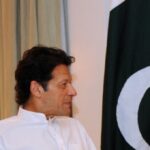




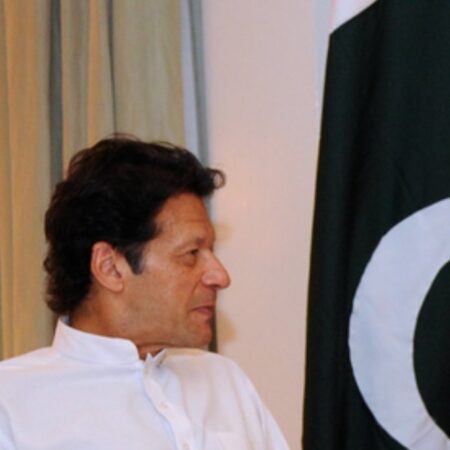
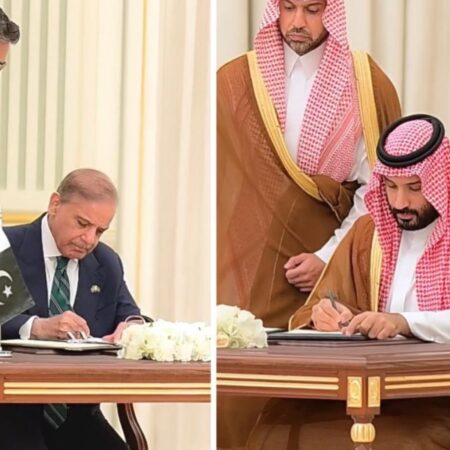
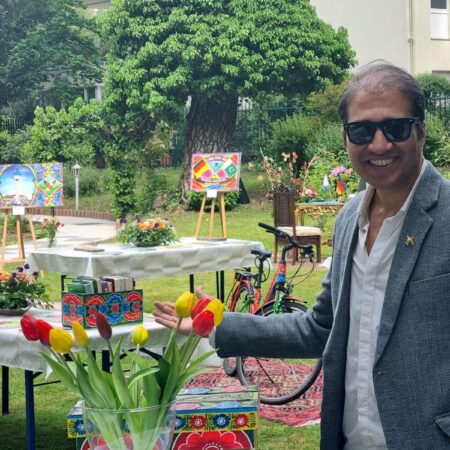
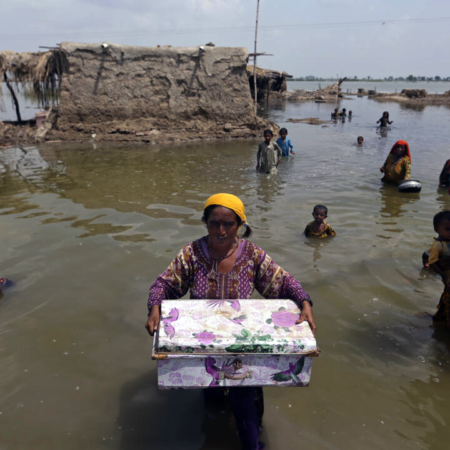
No Comment! Be the first one.